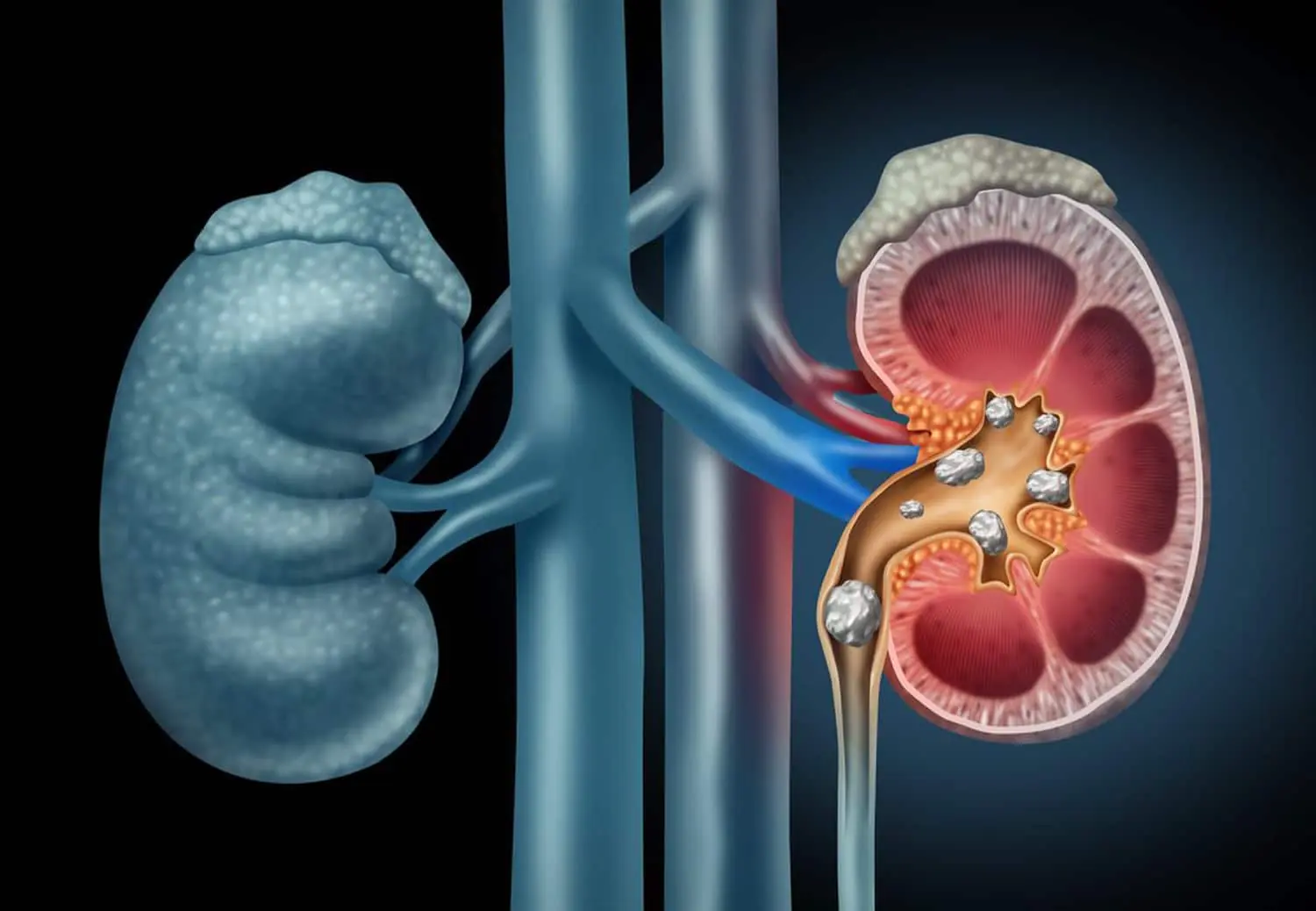
Apple Extract Found to Kill Colon Cancer Cells More Effectively Than Chemotherapy Drug
Apple Extract Found to Kill Colon Cancer Cells More Effectively Than Chemotherapy Drug
Recent scientific investigations have revealed that natural compounds known as oligosaccharides, extracted from apples, are capable of killing up to 46 percent of human colon cancer cells in vitro. Even more strikingly, these natural substances outperformed one of the most commonly used chemotherapy drugs across all tested concentrations.
Unlike conventional chemotherapy drugs—which often cause severe toxicity and damage to healthy tissues—apple oligosaccharides are naturally occurring, health-promoting compounds that can be found in many fruits, vegetables, and plant-based foods.
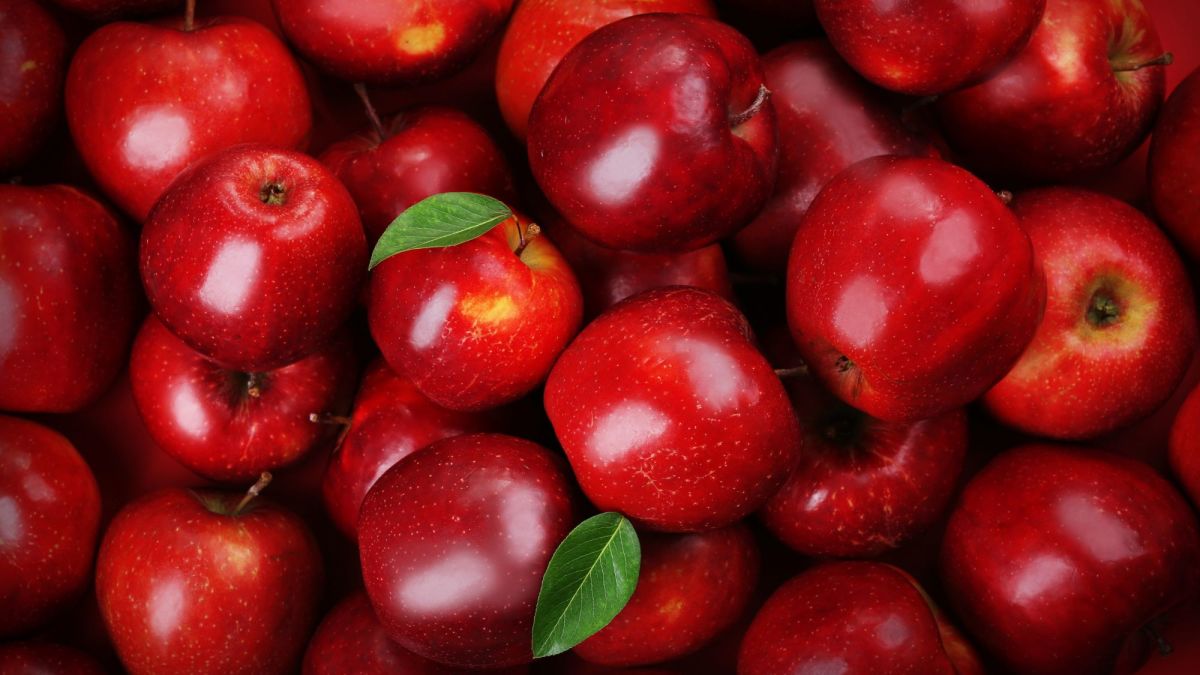
A Natural Ally Against a Leading Cause of Cancer Death
Colon cancer is one of the world’s most dangerous malignancies. It ranks as the second leading cause of cancer-related death among women and the third among men. Despite medical advances, standard chemotherapy treatments for colon cancer remain far from perfect. Many patients suffer from serious side effects such as heart spasms, nerve damage (neurotoxicity), anemia, and suppression of the immune system.
Because of these limitations, scientists have turned to nature in search of safer, more effective alternatives. Apples, one of the most commonly consumed fruits globally, have long been recognized for their protective effects against various types of cancer, including breast, ovarian, lung, liver, and colon cancers.
Turning Waste into Medicine
The focus of this recent research was on apple oligosaccharides, which had previously been identified as potential anti-cancer agents. What makes this discovery particularly promising is that these compounds can be easily and inexpensively extracted from apple pomace—the leftover pulp generated during apple juice production. Every year, an estimated four million tons of apple pomace are produced worldwide, making it an abundant and sustainable source for potential natural therapies.
Study Details: Apple Compounds Outperform Chemotherapy
Researchers at a university in Xi’an, China, began by isolating polysaccharides (complex carbohydrates such as pectin and other dietary fibers) from apple pomace. They then treated these with a natural enzyme, pectinase, to break them down into smaller oligosaccharides—molecules composed of just three to ten sugar units each.
These apple-derived oligosaccharides were tested on cultured human HT29 colon cancer cells at a variety of concentrations. The results were compared against the effects of the most commonly prescribed chemotherapy drug for colon cancer.
At every concentration tested, the apple oligosaccharides induced significantly higher rates of apoptosis (programmed cell death) than the chemotherapy drug. For instance:
-
At only 0.9 micrograms per milliliter (0.9 PPM), the apple extract killed 17.6% of the cancer cells within 36 hours.
-
The chemotherapy drug, even at a higher concentration of 1.3 micrograms per milliliter, managed to kill only 10.9% of the cells.
Even more promisingly, the apple oligosaccharides are non-toxic to healthy cells, meaning they can be safely used at higher doses. At a concentration of 9.0 PPM, the oligosaccharides destroyed 46% of colon cancer cells, whereas the chemotherapy drug could not even be tested at that level due to toxicity concerns.
Oligosaccharides: Functional Foods with Broad Health Benefits
Beyond their anti-cancer potential, oligosaccharides are gaining recognition as functional food ingredients that promote overall health. Found naturally in fruits, vegetables, algae, honey, and milk, they serve as prebiotics, nourishing beneficial gut bacteria and supporting digestive health.
Scientific studies have also shown that oligosaccharides can help regulate blood sugar levels, strengthen immune function, and reduce inflammation, making them valuable not only for disease prevention but also for general wellness.
Interestingly, oligosaccharides can be produced naturally when pectin-rich fruits like apples are broken down by enzymes such as pectinase—either during processing or even partially during digestion. Raw apples, for example, contain about 1.5% pectin and also have natural pectinase activity, suggesting that consuming fresh apples may provide small amounts of these beneficial compounds.
Why Whole Apples Are Still Best
It’s important to note that commercial apple juice typically contains very little of these bioactive substances. Most of the beneficial fibers, enzymes, and polyphenols are lost during processing. In fact, processed juice often has only about 10% of the polyphenol content found in raw apples. As with many plant-based foods, fresh and whole is almost always healthier than the processed alternative.
A Promising Future for Natural Cancer Therapies
This new study adds to a growing body of research highlighting the powerful anti-cancer potential of apples and their unique oligosaccharides. The fact that such compounds can be sourced from an inexpensive and abundant industrial byproduct gives this discovery enormous potential for future medical and nutritional applications.
With further research, apple oligosaccharides could pave the way for low-cost, natural, and non-toxic treatments that complement or even replace certain chemotherapy drugs—offering new hope for millions affected by colon cancer worldwide.
News in the same category

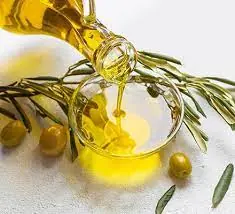
The Olive Oil Fasting Trick That Resets Insulin Resistance — and Triggers Deep Cellular Cleanup

What Really Happens When You Eat Garlic at Night
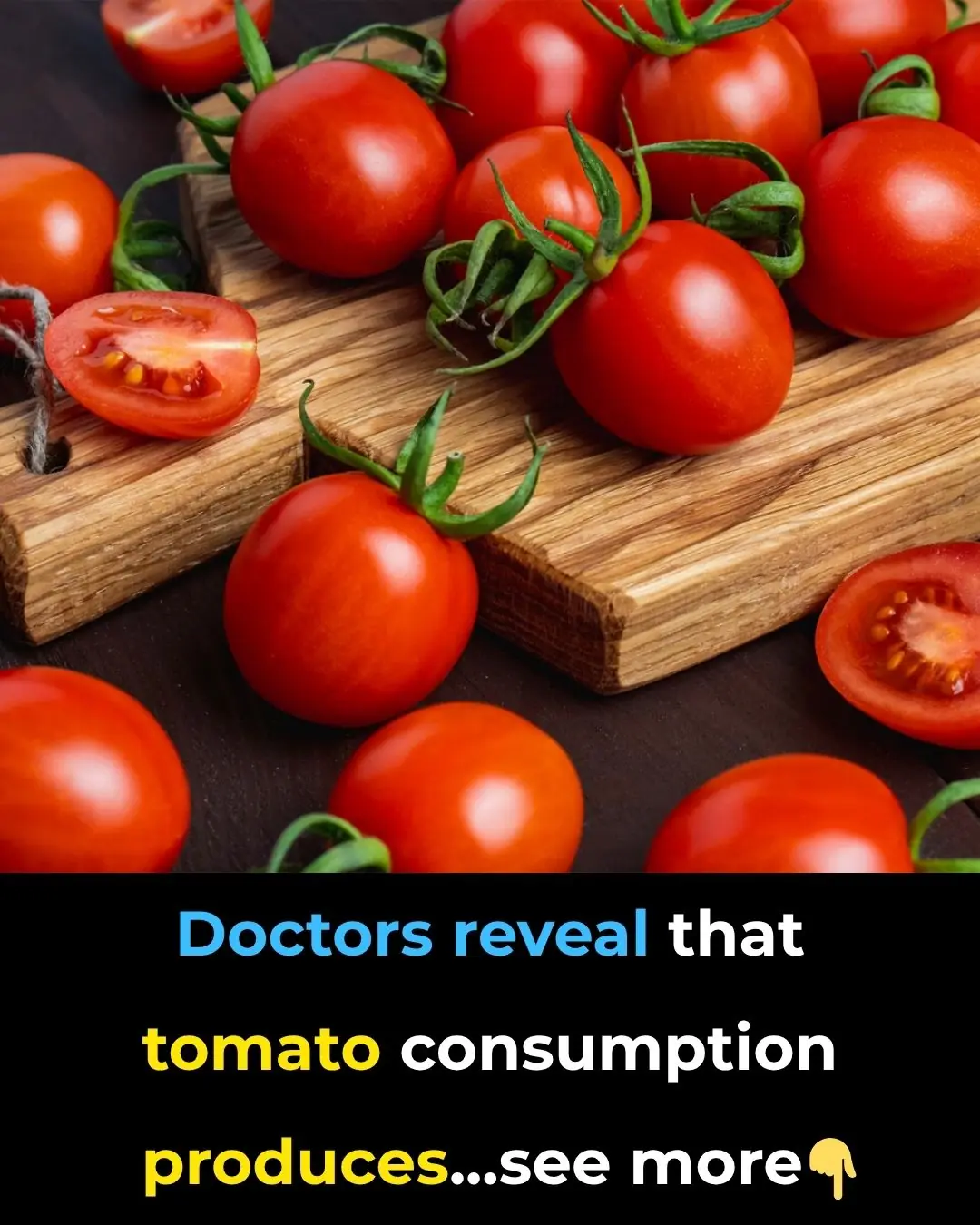
Scientists reveal that consumption of TOMATO causes

10 Red Flags Your Body Is Begging You to Quit Caffeine
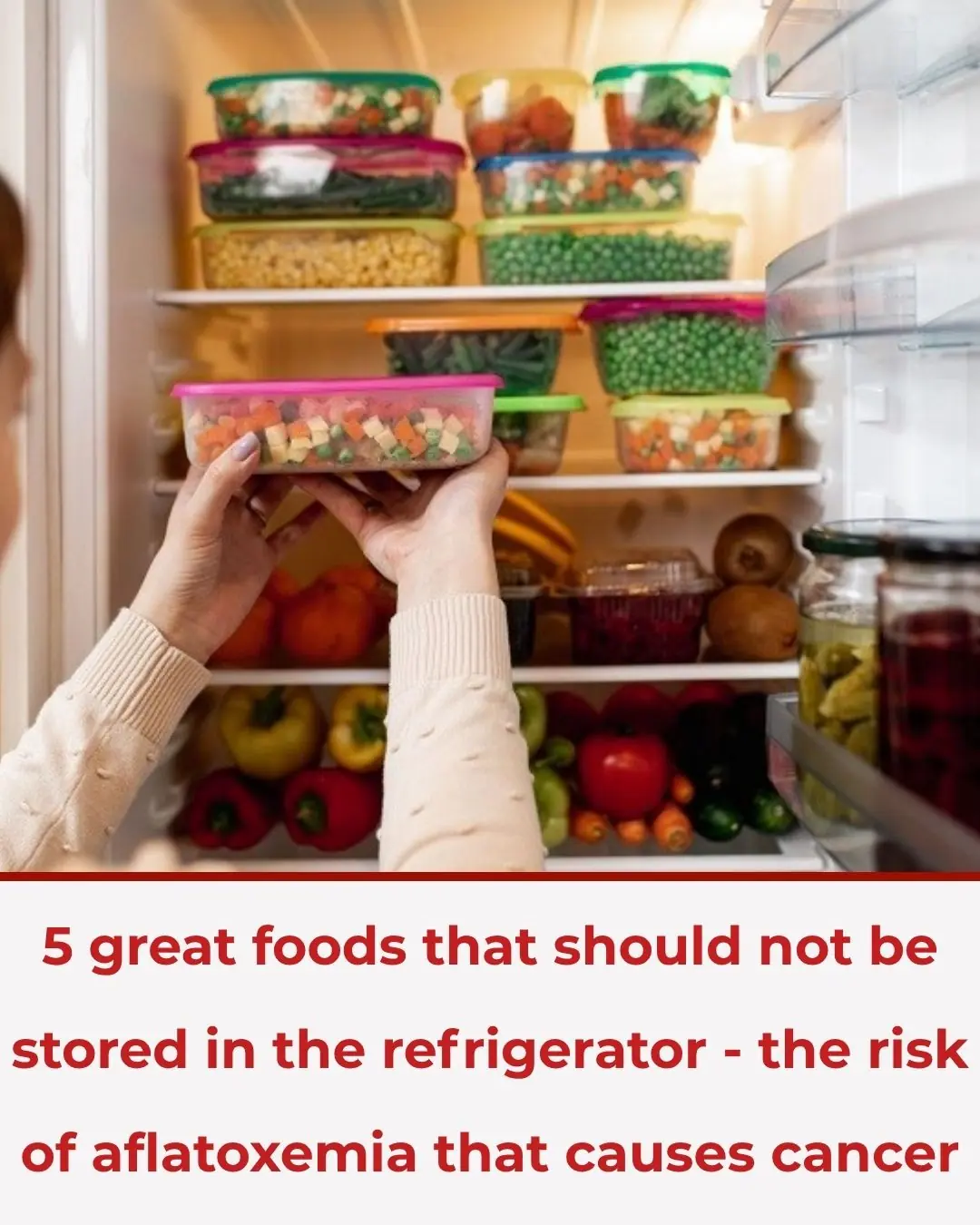
5 great foods that should not be stored in the refrigerator - the risk of aflatoxemia that causes cancer

❤️ 5 Subtle Signs That May Suggest Heart Trouble – And When to See a Doctor

Eat these 3 foods to strengthen them…

Neckline Wrinkles 5 Tips to Prevent and Eliminate Them
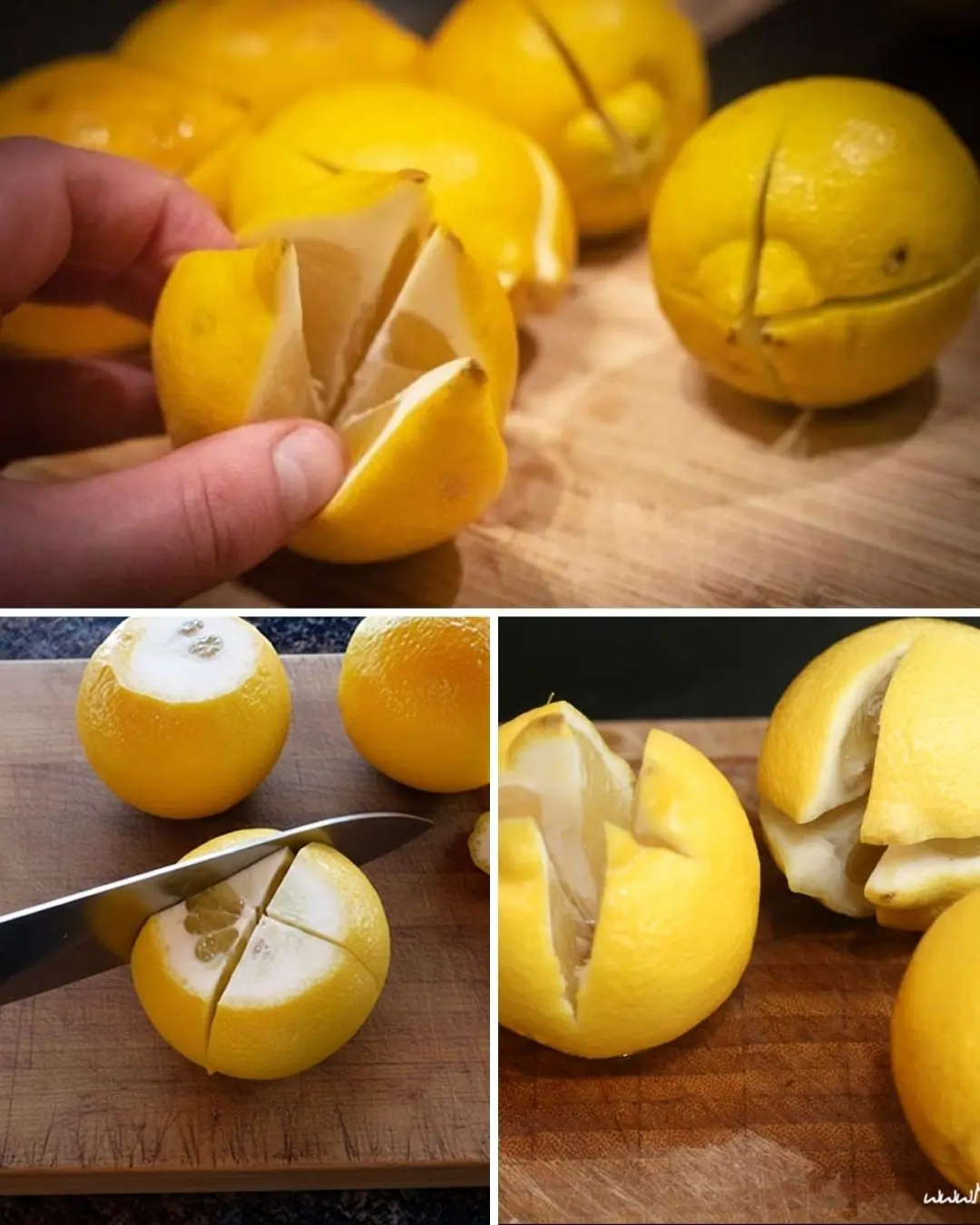
The Reason Some People Keep Lemons on Their Nightstand While Sleeping
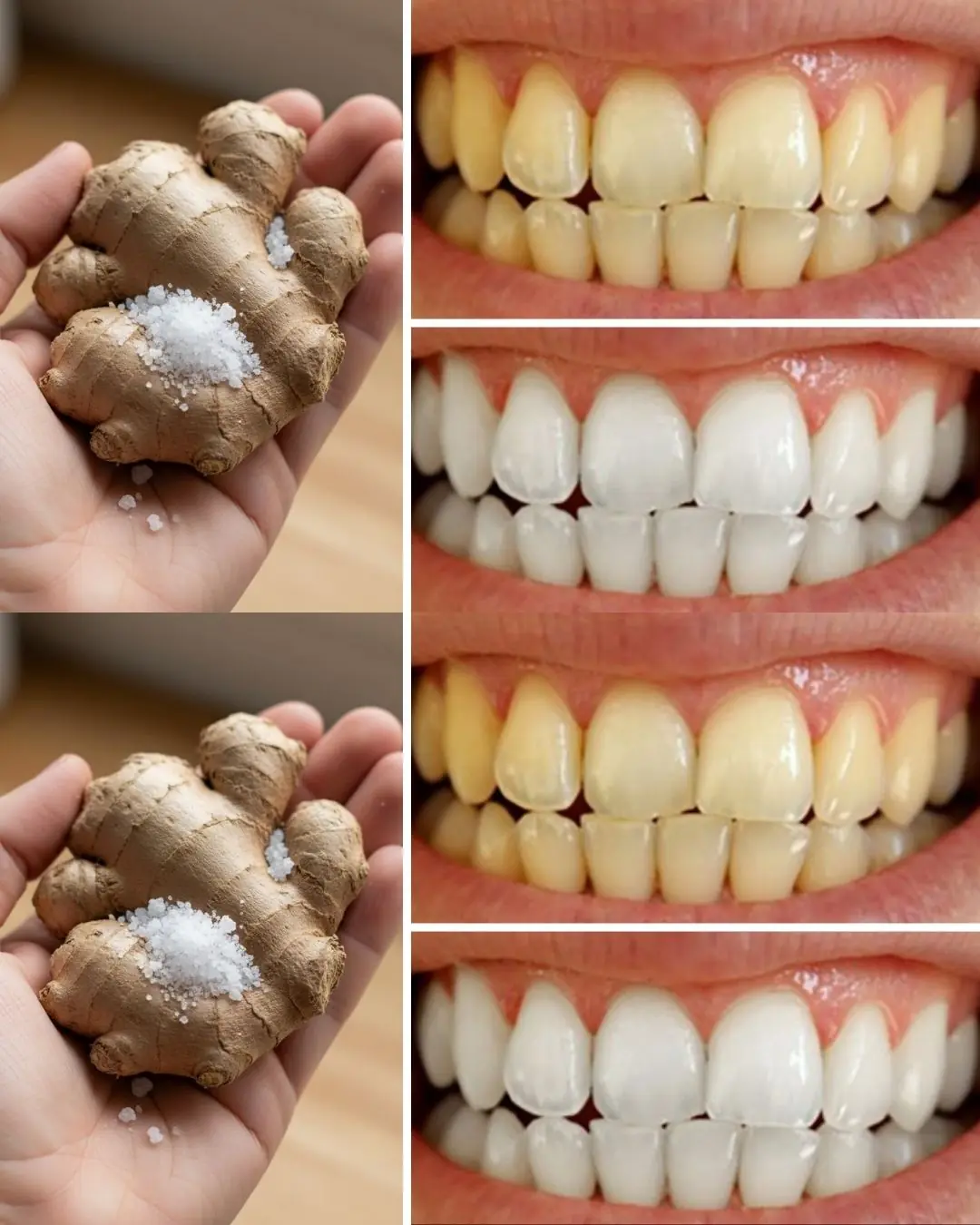
Ginger and Salt Teeth Whitening Remedy

The Pain Most People Brush Off That Signals Serious Trouble
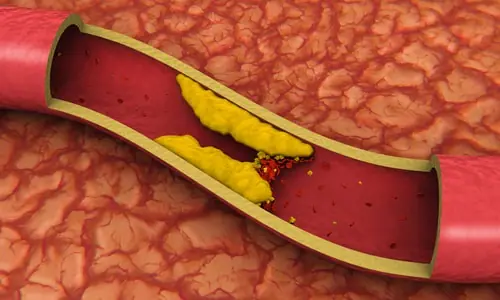
Warning Signs Your Arteries Need Cleansing and The Foods That Do It Best

10 Warning Signs of Low Magnesium Levels and What to Do About It

The 5 fruits secretly damaging your brain after 50

The #1 silent sign your kidneys are in trouble (and it’s not your urine)

Why Some People’s Skin Turns Red When Drinking Alcohol

🩺 The #1 Silent Sign Your Kidneys Are in Trouble (And It’s Not Your Urine)

The 5 Fruits Silently Damaging Your Brain After 50 — And What to Eat Instead
News Post

The Golden Elephant: When Nature Turned Light Into Living Majesty.

The Hands That Heal: A Tribute to the Quiet Heroes in Scrubs.

Top 10 Signs of Kidney Problems You Absolutely Must Be Aware Of

The Olive Oil Fasting Trick That Resets Insulin Resistance — and Triggers Deep Cellular Cleanup

What Really Happens When You Eat Garlic at Night

What Does Your Sitting Position Reveal About Your Personality

The Uses Of This Small Hole On a Padlock
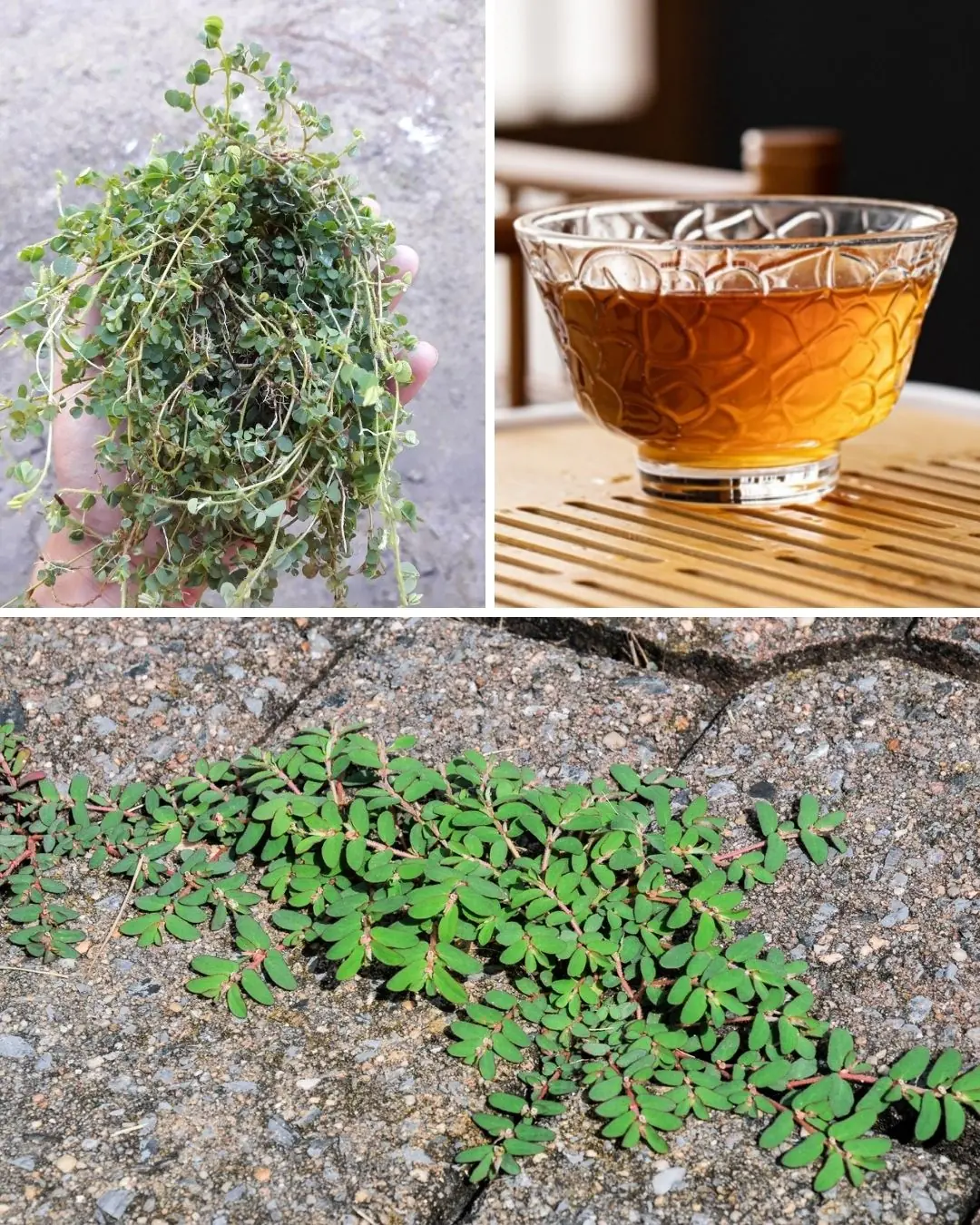
The Health Benefits of Euphorbia Thymifolia: A Powerful Yet Overlooked Herb 🌿✨
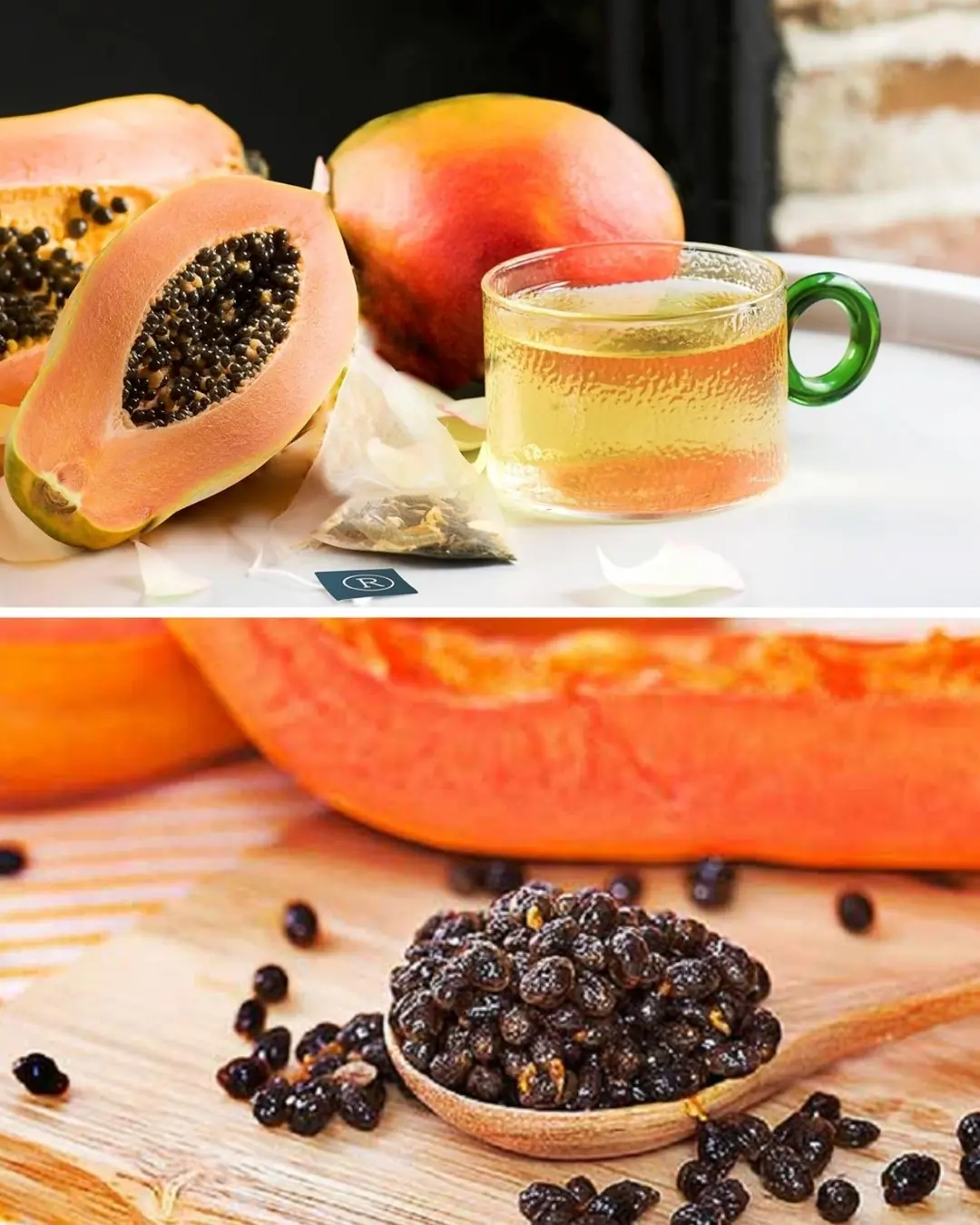
The Powerful Health Benefits of Papaya Seeds: Why You Should Include Them in Your Diet

Scientists reveal that consumption of TOMATO causes

10 Red Flags Your Body Is Begging You to Quit Caffeine

Father Gifts Daughter A House For Her 13th Birthday

DC Woman Wins Landmark Case After Suing Neighbor Over Overpowering Weed Smell

Bill Gates–Backed Beyond Meat Faces Collapse After Massive Stock Drop

Here’s the court order! And now get up and get out of my apartment,” she addressed her husband, mother-in-law, and sister-in-law.

The guy was amazed as to why his beloved was so interested in the well in the yard. He even decided to follow her.

Nastya had already approached the café when she heard familiar voices:

Having set out to clean before the April holidays, Olga found a strange letter in her husband’s office, and upon reading it, she couldn’t hold back her tears.
